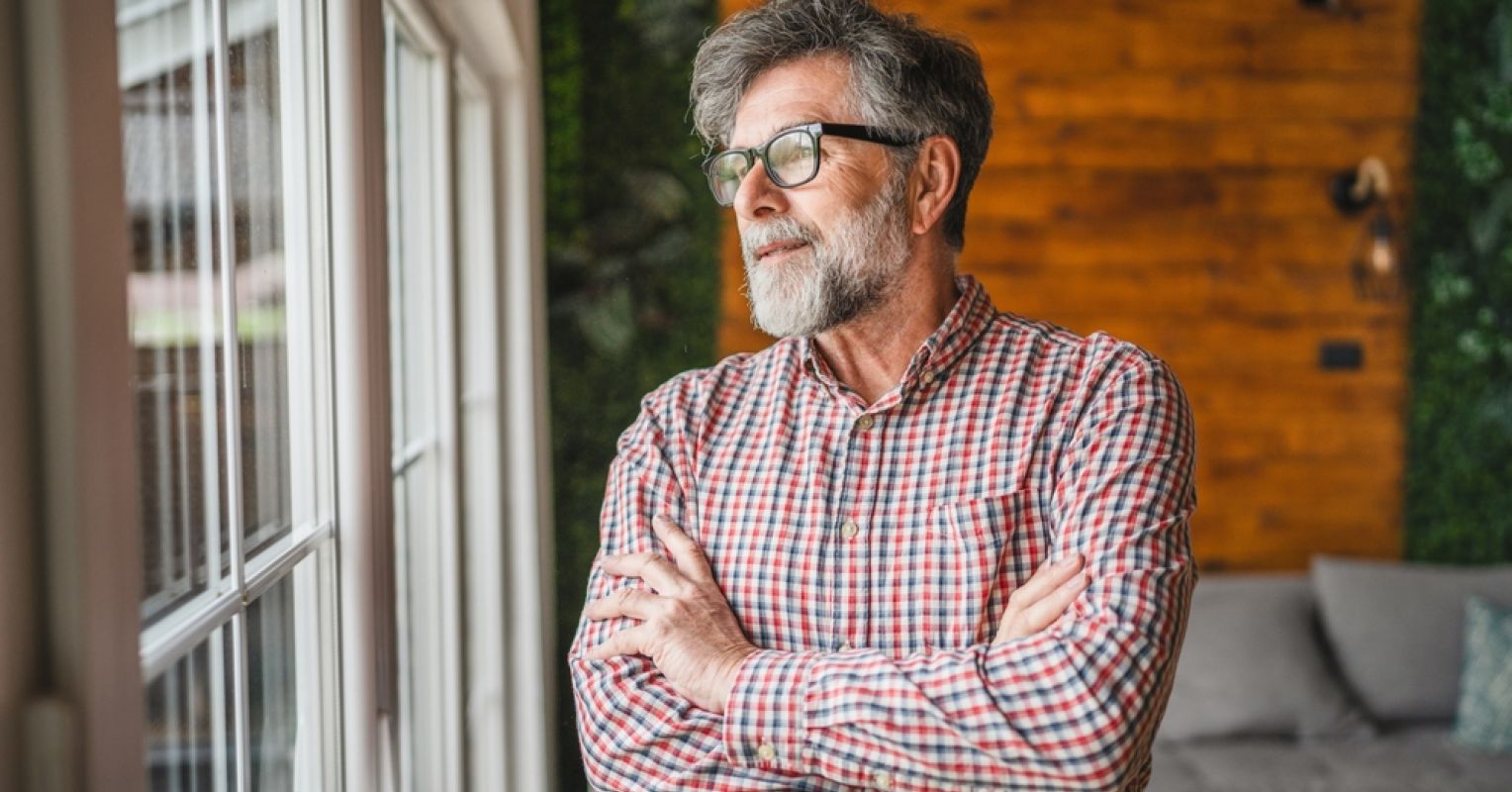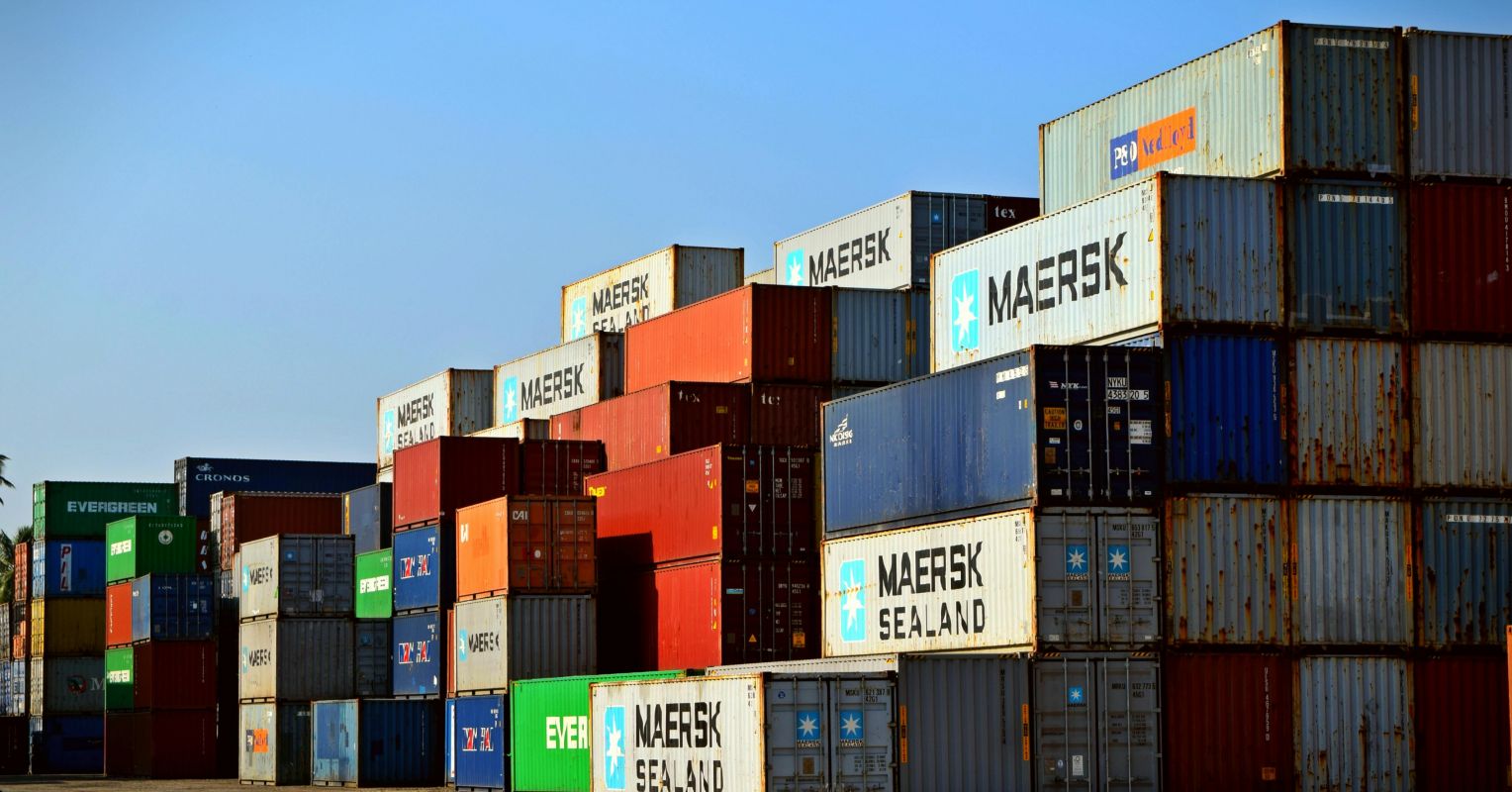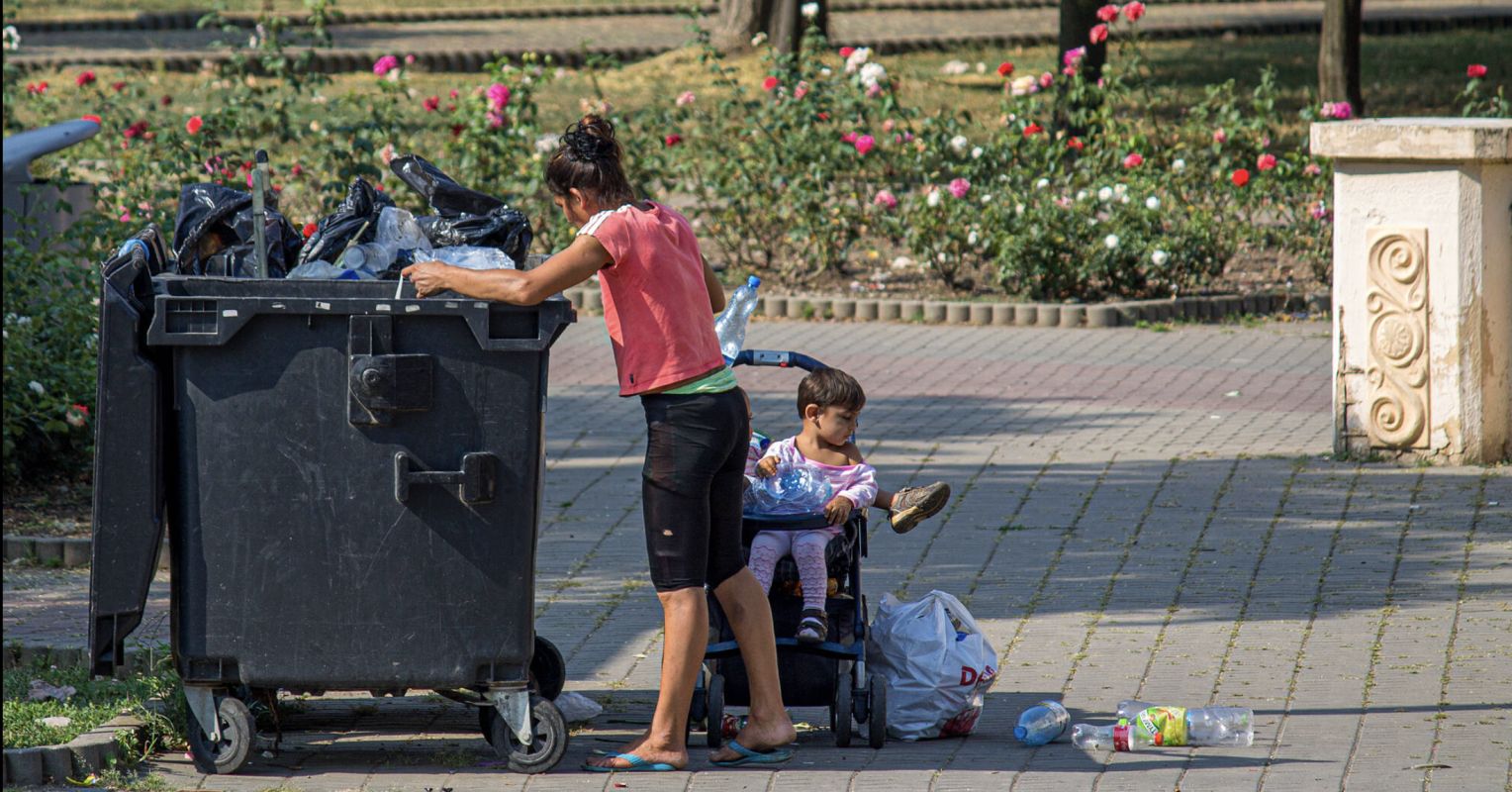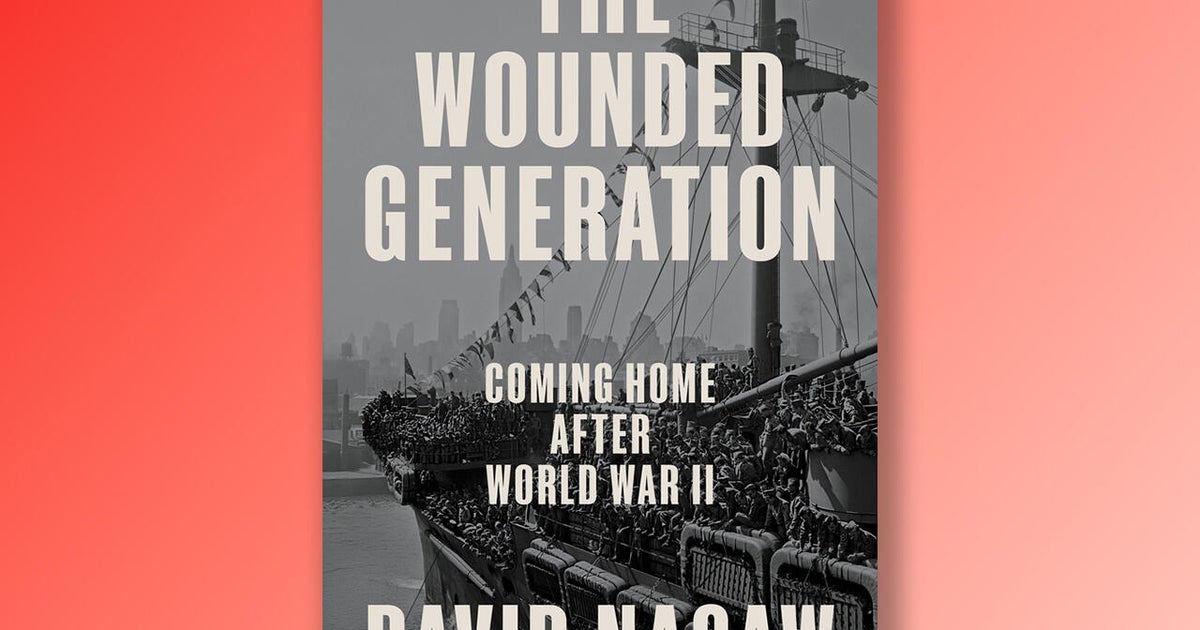Mental health
Mental health
[ follow ]
#ptsd #grief #self-care #resilience #parenting #childhood-trauma #purpose #recovery #boundaries #anxiety #trauma #healing
fromPsychology Today
12 hours agoWhy High Achievers Struggle With Permission to Feel Good
So you keep hustling and double-down on working harder, justifying it with "rational" concerns that things could change anytime and, heck, your competition isn't resting. Even on vacation, you're thinking about work and constantly checking your messages to put out fires. You're in a beautiful place having an amazing meal with incredible entertainment, yet you're feeling numb like you're going through the motions and you're not emotionally present.
Mental health
fromPsychology Today
11 hours agoA New Treatment for Childhood Anxiety
Childhood anxiety has been on the rise. Our instinct as parents is often to get more involved. But what if that's part of the problem? The statistics are grim. According to the Centers for Disease Control (CDC), among U.S. adolescents ages 12 to 17 surveyed between 2021 and 2023, 20% reported symptoms of anxiety in the past two weeks, and 18% reported symptoms of depression. In 2023, almost 40% of high school students reported experiencing persistent feelings of sadness and hopelessness
Mental health
fromTiny Buddha
10 hours agoThe Invisible Prison Shyness Builds and What Helped Me Walk Free - Tiny Buddha
When I think back on my life, shyness feels like an inner prison I carried with me for years. Not a prison with bars and guards, but a quieter kind-made of hesitation, fear, and silence. It kept me standing still while life moved forward around me. One memory stays with me: my eighth-grade dance. The gym was alive with music, kids moving awkwardly but freely on the floor, laughing, bumping into one another, having fun.
Mental health
fromPsychology Today
8 hours agoAn Athlete's Experience of Tough vs. Toxic Coaching
When tough, but healthy coaches challenged us to try new things in gymnastics-in particular, dangerous skills that lent themselves to feelings of fear and potential injury-they did so in a way that was safe and supported: with spots and soft mats as needed, with endless drills that broke down the skills into manageable parts, and with a calm temperament that built trust (e.g., with statements like "I've got you," "We'll do it in slow motion," "Do you feel ready for the next step?"). We had a say in what we were doing with our own bodies, and coaches were there for us through the ups and downs of the learning process.
Mental health
Mental health
fromBuzzFeed
22 hours agoMy First Grader Handed Me A 9-Word Note. When I Read It, My Stomach Dropped.
Parental mental health merges with children's emotions, and trauma can transmit across generations biologically and psychologically, complicating parental responsibility and emotional caregiving.
fromPsychology Today
5 hours agoHow I Learned to Silence My Inner Judge
For most of my life, I have carried an invisible companion: a harsh inner voice that sounds like mine and tells me, over and over, that I am not enough. It's so oppressive that people close to me have often said they'd never met anyone so hard on themselves. Over decades of listening to that voice, I let it convince me that no achievement was ever sufficient.
Mental health
fromPsychology Today
6 hours agoOne Major Fear That Can Keep Abuse Survivors in Denial
My parents usually weren't in the same house at the same time, though they occasionally made an exception for holidays. We might have dinner, followed by arguments or passive aggressive comments about who didn't help whom prepare and clean up. I longed for the traditions that others had with their families: making hot chocolate, stringing popcorn-such random, small things, but so meaningful when done together as a family.
Mental health
fromwww.theguardian.com
12 hours agoI used to scold myself for forgetting things. Then I built a daily survival pouch
I've spent a lot of this year trying to perfect the art of leaving the house. This might sound like an odd mission until you've seen me spend 25 minutes getting distracted while looking for my wallet and sunnies, doubling back to grab my laptop, tripling back for my work pass, missing my train, arriving at my destination with 1% battery and only then realising the medication I was meant to take that morning is still sitting on the counter.
Mental health
fromPsychology Today
5 hours agoWhy Alcohol Can Make You Feel More Loving, But Only Temporarily
Have you ever noticed something change after a glass of wine or a cocktail? Maybe you or your partner suddenly become more talkative, affectionate, or emotionally open. It might feel like a wall has come down. For a little while, everything feels easier. More connected. More loving. Then the next morning, it's gone. If this feels familiar, there's a good reason. Alcohol can temporarily unlock emotions that feel stuck or out of reach.
Mental health
Mental health
fromwww.scientificamerican.com
9 hours agoNot Everyone with Schizophrenia Hears Voices. Here's Why
Inner speech normally suppresses auditory cortex activity, but in schizophrenia-spectrum auditory hallucinations inner speech instead increases auditory cortex responses, causing voices to be perceived as external.
Mental health
fromABC7 San Francisco
5 hours ago'He saved my life': US Veteran's service dog wakes owner up before he had a serious stroke
A service dog alerted a veteran to atrial fibrillation, likely preventing a stroke and improving his PTSD; Dogs, Inc. provides service, guide, and medical-detection dogs.
Mental health
fromSlate Magazine
11 hours agoMy Brother-in-Law Just Got Sober. I Want to Support Him, but I Want Wine With My Thanksgiving Turkey More.
Serving wine at Thanksgiving is acceptable when most guests drink; one newly sober guest can navigate alcohol's presence without requiring a dry household.
Mental health
fromwww.theguardian.com
1 day agoIf you're feeling anxious, take a moment to pause before pouring that glass of wine | Diane Young
Many Australians increasingly use alcohol to manage anxiety, creating a cyclical relationship that worsens anxiety, disrupts sleep, and erodes emotional resilience.
fromPsychology Today
1 day agoHow Solution Focused Therapy Can Help Autism
All people have strengths and resources. Assess for, and focus on, these strengths and resources, and not on weaknesses and deficits. Utilize and leverage them when designing interventions. Each person is a unique individual. Each person has their own goals, values, and ways of experiencing and being in the world, along with their own unique sets of strengths and resources. Individualizing interventions is key.
Mental health
fromLos Angeles Times
1 day agoHalf a million young Californians aren't in school or work. Most are men
If you ask Jodeah Wilson how his life got off track, he'll say it's all about money. He needs money for November rent. He also needs money to pay back the tuition he owes for the spring semester at Sacramento State University, which would allow him to re-enroll. Until then, he's stuck in limbo. "All I need is a goddamn job so I can pay this off myself," he said. But it's been months and so far, he's still unemployed.
Mental health
fromBuzzFeed
1 day agoPeople In Their 30s And 40s Are Getting Real About Feeling Lonely, And Why It's So Hard To Make Friends
I'm 37 and I don't think I've ever felt lonelier in my life than I have for the past 10 years or so. I used to think something was wrong with me or that I was unlikable in some way, but that wasn't the case. I feel a big reason is that I'm single and everyone is doing their own thing, whether it's their career, getting married, or trying to figure themselves out. I just know something is off, and I haven't quite figured out how to fix it. It's like a massive life transition.
Mental health
Mental health
from24/7 Wall St.
1 day agoI wanted to retire at 55 but I kept grinding to get another few million in the bank - why is it so hard to quit?
High earners often struggle to stop working because rising income, lifestyle creep, loss aversion, and attachment to accumulating wealth make retiring psychologically difficult.
fromPsychology Today
2 days agoWe Need to Talk About Who Sport Psychology Still Misses
The death of Marshawn Kneeland is a tragic reminder that athletes, even those rising to the top of their game, are human beings first. The best highlight reels can mask the weight of expectations and the psychological pain many athletes carry in silence. Sport psychology holds the power to support athletes as they navigate these pressures and sustain both their performance and their well-being.
Mental health
fromPsychology Today
2 days agoWhen Vital Funding Is Removed, Mental Health Is Affected
In the past week, I have had three clients tell me that they have received letters from their insurance companies stating that their premiums will increase in the new year due to the changes to the Affordable Care Act (ACA). According to the Johns Hopkins Bloomberg School of Public Health, if ACA premium tax credits expire at the end of the year, which seems more likely as the government shutdown continues, "premiums are predicted to increase for 2026 by an average of 75 percent."
Mental health
fromBuzzFeed
2 days agoPeople Are Just Now Realizing They Had An 'Eggshell Parent' And The Ways It's Secretly Impacting Their Adult Lives
If they tried to set [boundaries] as a kid, there would either be intense pushback to the point where it becomes not worth it, or a blow up to the point where it becomes not worth it,
Mental health
fromwww.dw.com
2 days agoIs war to blame for the increase in domestic violence? DW 11/08/2025
The small state in the Caucasus with a population of around three million emerged defeated from the 2020 war with Azerbaijan over the disputed Nagorno-Karabakh region. Still, many of the ethnic Armenians that lived in the region stayed. In the years that followed, Armenia saw a series of bloody border clashes with Azerbaijan. Then, in September 2023, Azerbaijan seized full control of Nagorno-Karabakh, leading a mass exodus of more than 100,000 Armenians, who at that point had survived a nine-month blockade and war.
Mental health
fromwww.theguardian.com
2 days agoThe ward felt like a prison. What had I let them do?': how my daughter was crushed by a health service meant to help her
A teenage patient was moved into a locked, isolating psychiatric ward with strict visiting rules, causing severe family distress and culminating in the daughter's death.
fromPsychology Today
4 days agoNavigating the Social and Political Divide
According to the American Psychological Association's latest Stress in America™ 2025 survey, societal division has emerged as a major source of stress for U.S. adults. Conducted online by The Harris Poll, the survey found that 62% of 3,000 adults, ages 18 and older, identified societal division as a significant stressor in their lives. As we head into the holiday season, this finding feels especially relevant. The same gatherings that promise warmth and connection can also stir tension, particularly when social and political differences arise.
Mental health
Mental health
fromBuzzFeed
3 days agoMy Son Bought A Gun During A Psychotic Episode. I Was Shocked By What Happened Next.
A parent's attempts to obtain emergency psychiatric intervention for an increasingly threatening, substance-affected son were hampered by understaffed systems, legal limits, and interstate challenges.
fromPsychology Today
3 days agoHow the "Hero/Complex" Honors Black Men's Full Humanity
There's a moment in Black Panther (2018) when T'Challa stands before his father in the ancestral plane, wrestling with what kind of king-and what kind of man-he's supposed to be. He's torn between duty and doubt, between the world's expectations and his own quiet hopes. That scene captures something I've seen, and lived, in real time. Many of us were raised to believe that strength is the only language we're allowed to speak.
Mental health
fromPsychology Today
3 days agoWhen Fertility Stress Distorts How We Think and Relate
Infertility magnifies every communication challenge a couple already carries, as stress can distort our perception. Even simple differences of opinion can suddenly feel like rejection or blame. Spare me the Pain Our minds are wired to spare us from pain and uncertainty. Thought fallacies are the brain's way of managing that fear. When we face something unpredictable or beyond our control, the mind scrambles to restore order where none exists.
Mental health
fromHigh Country News
3 days agoHeavy metal is healing teens on the Blackfeet Nation - High Country News
A few, for sure. About four times, actually. And my family's rather small. Suicide has impacted my old friend group quite a bit. I've lost friends. I've lost family. My older brother. My sister's youngest. I never thought I'd have that many people. Alcohol and depression, it comes hand-in-hand. One day the smiles stopped. I don't mind talking about it. You guys are actually talking to the right person.
Mental health
Mental health
fromABC7 Los Angeles
3 days agoMarshawn Kneeland's death highlights the importance of mental health resources for NFL players
Mental health awareness has increased in the NFL; stigma has diminished, teams provide required behavioral-health clinicians, players share struggles and encourage seeking help and hope.
fromFortune
3 days agoHe was 17 and asked ChatGPT for help. It allegedly told him how to die instead | Fortune
The lawsuits filed Thursday in California state courts allege wrongful death, assisted suicide, involuntary manslaughter and negligence. Filed on behalf of six adults and one teenager by the Social Media Victims Law Center and Tech Justice Law Project, the lawsuits claim that OpenAI knowingly released GPT-4o prematurely, despite internal warnings that it was dangerously sycophantic and psychologically manipulative. Four of the victims died by suicide.
Mental health
fromFortune
3 days agoScott Galloway says it's actually good to have imposter syndrome: 'If you're not in rooms you don't deserve to be in, you're not trying that hard' | Fortune
Imposter syndrome doesn't signal weakness-it signals you're exactly where you should be. That's the counterintuitive message from Scott Galloway, a NYU marketing professor and serial entrepreneur who has built and sold multiple companies for millions of dollars. In a recent episode of his podcast, The Prof G Pod, Galloway reframed one of professional life's most common anxieties as evidence of ambition, not inadequacy.
Mental health
fromPsychology Today
4 days agoFostering Hope Is Essential to Address Climate Change
Before her passing, she recorded a series of interviews for Netflix in which she encouraged people to have hope, make a difference in the world, and never give up. In those interviews, Jane referred to the serious concerns of climate change and other global challenges we're living through. She reminded us that everyone has a role to play, including being mindful of how our daily actions impact other beings, the planet, and the future.
Mental health
Mental health
fromComputerWeekly.com
4 days agoWe need to build psychological readiness into cyber security | Computer Weekly
High stress, fatigue, and burnout affect most cyber security professionals, causing productivity loss, errors, delays, attrition, and significant organizational and personal costs.
fromPsychology Today
4 days agoCan Acupuncture Help Treat Eating Disorders?
Eating disorders are among the most chronic and life-threatening psychiatric illnesses, with many affected individuals experiencing fatal outcomes. Recovery is often difficult because patients may fear changes to their bodies, struggle to relinquish control over eating and exercise, and live within a culture that reinforces disordered eating behaviors and unrealistic beauty ideals. As a result, harm reduction has increasingly been discussed as a necessary approach for individuals with long-term, chronic eating disorders.
Mental health
fromMedium
1 week agoAre we designing for brain rot?
I have two YouTube videos in my Watch Later that I have ironically been procrastinating on watching: replacing doomscrolling with writing (how to finally write your novel) and Self Education: Your Best Defense Against Brain Rot. Both videos take an almost combative stance against the use of social media, largely because spending time on the platform du jour often devolves into doomscrolling for hours until your brain rots.
Mental health
Mental health
fromFortune
4 days agoAnxious generation author warns Gen z's brains are 'growing around their phones' the way a tree warps around a tombstone | Fortune
Smartphones and social media rewired Gen Z brains, causing widespread mental and physical health declines including anxiety, depression, sleep harm, and rising myopia.
fromPsychology Today
4 days agoDoes the Context of a 'Trigger Sound' Matter in Misophonia?
For these individuals, extreme emotional distress, panic, anger, frustration, and even disgust have been noted (Brout, 2018). Misophonia is a neurophysiological condition in which the amygdala becomes activated by sounds that should not be alarming or dangerous (Kumar, 2017). The context of triggers-such as whether or not something is rude, offensive, or otherwise disgusting can affect the emotional aftermath of a trigger, but it does not change the aversive fight-flight-freeze response.
Mental health
Mental health
fromwww.theguardian.com
5 days agoThe good news is that boys believe in gender equality. The scary question is: will they forget when they become men? | Lucy Clark
A minority of boys embrace rigid, harmful hegemonic masculinity linked to loneliness, victimisation and poor mental health; most boys fare better than girls and gender-diverse.
fromIrish Independent
4 days ago'I'm very lucky to be alive' - GAA player praises response after speaking about addiction struggles
Westmeath GAA player Luke Loughlin has told TDs and senators that he "could not believe" the response when he spoke about his struggles with alcohol and substance abuse four years ago.
Mental health
fromIrish Independent
4 days ago'I'm very lucky to be alive' - Intercounty player praises response after opening up on addiction struggles
Westmeath GAA player Luke Loughlin has told TDs and senators that he "could not believe" the response when he opened up about his struggles with alcohol and substance abuse four years ago.
Mental health
fromBuzzFeed
4 days agoThis Daughter's Brutally Honest Obituary Has People Furious, But It's Actually Refreshing
Pop's ex-wife was my biological grandmother, and there is no generation in our family that was not touched by her emotional, physical and financial abuse. In 1980, she kicked my teenage parents and me out of her house when I was an infant. She'd decided on a whim that my underemployed father and postpartum mother were able to make it on their own, without a single resource to their names.
Mental health
fromFast Company
5 days agoWhy hyper-independence is undermining your best people
The behavior has gained cultural visibility. On TikTok, the hashtag "hyper-independence" has racked up millions of views in videos tagged "hyper-independence is a trauma response" and "signs of hyper-independence." For many viewers, the content is striking because they assumed this was simply how success was achieved, not a survival strategy with hidden costs. That viral visibility makes it even more important for workplaces to recognize the pattern and promote healthier interdependence, rather than rewarding the unsustainable behaviors it reinforces.
Mental health
fromPsychology Today
5 days agoThe Myth of Slow Healing
I used to think it was a con, too. During my psychiatric residency, therapy was defined by patience and silence. I was taught to listen quietly, encourage patients to vent, and maybe prescribe an antidepressant. We didn't set measurable goals, and we certainly didn't expect recovery anytime soon. Progress was supposed to take months, or years. And it did! But now that I've been in practice with TEAM CBT for many decades, my experience is the opposite.
Mental health
[ Load more ]










